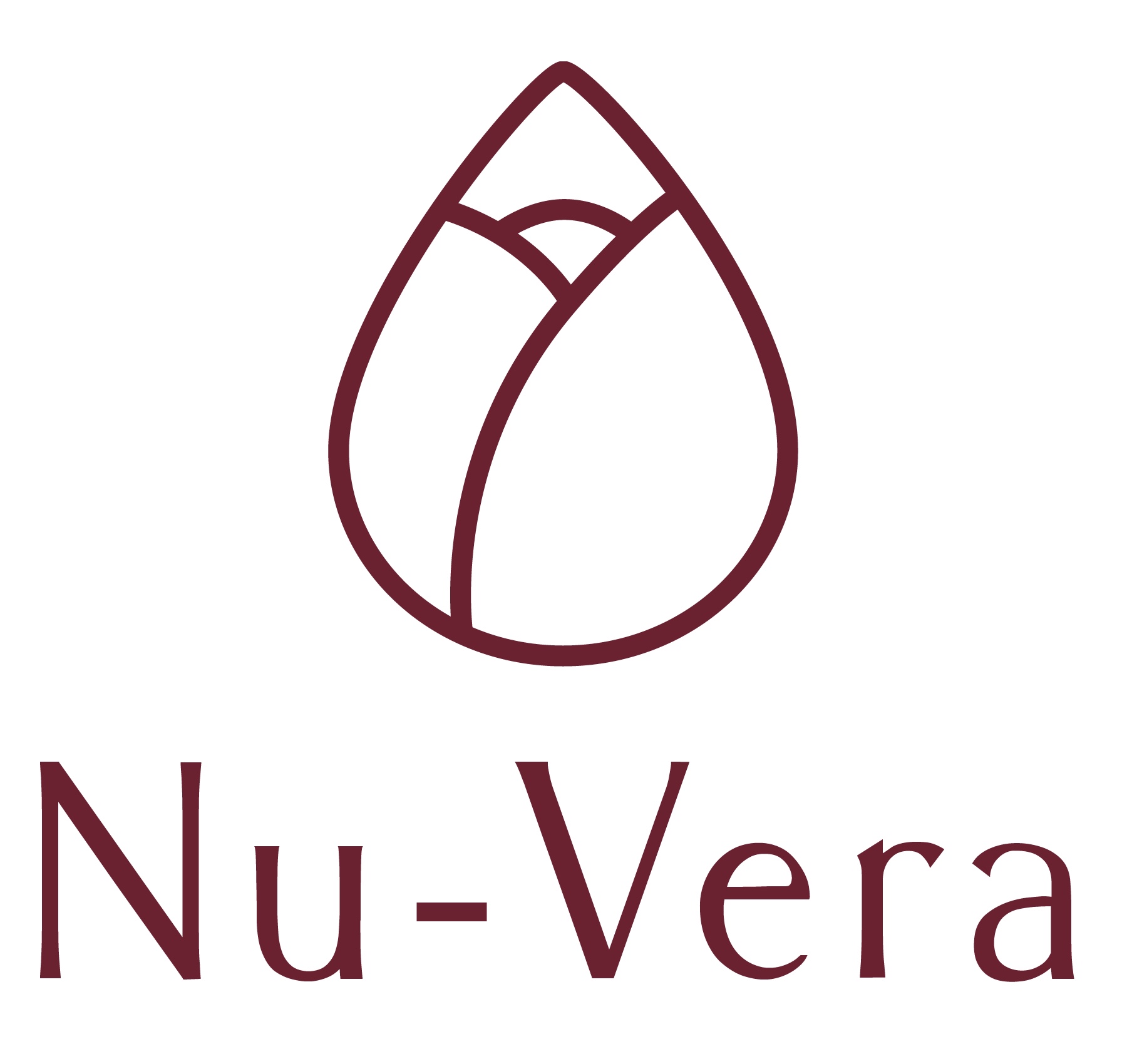Power of Gratitude: Scientific Evidence for Improving the Mind and Body
- Nu-Vera Hypnotherapy

- May 10, 2023
- 3 min read
Updated: Aug 8, 2023

Have you ever wondered if there's more to gratitude than just saying "thank you?" Lately, the concept of expressing gratitude has gained significant attention in the field of personal growth and well-being. With studies connecting gratitude to improved mental and physical health, it's more important than ever before to cultivate a gratitude practice in our lives. In this blog post, we will explore scientific evidence showcasing the benefits of gratitude for the mind and body. So grab a cup of tea, cozy up, and join us as we delve into the amazing world of gratitude!
Power of Gratitude Scientific Evidence- Positive Impact on Mental Health:
Numerous studies have linked gratitude to better mental health. According to a study conducted by the University of California, Berkeley, maintaining a gratitude journal can lead to a significant increase in happiness and well-being. Grateful individuals are more likely to experience reduced symptoms of depression, anxiety, and stress. They also exhibit an optimistic outlook on life, which, in turn, fosters positive relationships and a supportive social network.
Improving Physical Health:
The body and mind are inextricably connected, and the benefits of gratitude extend to physical health as well. Research has shown a positive correlation between gratitude and improved sleep quality, reduced blood pressure, and enhanced immune system functionality. These factors contribute to reduced vulnerability to diseases and promote overall bodily health. Embracing gratitude may be the optimal holistic approach to leading a healthy lifestyle.
Enhancing Brain Function:
One remarkable finding in recent research is the impact of gratitude on neurochemistry. Studies reveal that expressing gratitude stimulates the release of feel-good neurotransmitters, such as dopamine and serotonin, which strengthen neural networks responsible for positive emotions. Additionally, cultivating gratitude has been linked to an increase in activity in the prefrontal cortex, the part of the brain responsible for decision making, judgment, and emotional regulation. Through regular gratitude practice, you can literally rewire your brain to become more resilient and happy!
Coping with Stress and Trauma:
In today's fast-paced world, stress is an unavoidable part of life. However, gratitude can be a powerful tool in managing and coping with the adverse effects of stress and trauma. Research has shown that gratitude helps reframe adversity by focusing on the positive aspects of life, rather than dwelling on negativity. People who practice gratitude are more likely to exhibit resilience in the face of challenges and display better post-traumatic growth. By incorporating gratitude into our daily routine, we can strive to conquer life's obstacles and thrive in times of crisis.
Strengthening Relationships:
Gratitude is not just beneficial for your individual well-being, but also for your connections with others. Expressing gratitude towards others nurtures positive relationships, fosters kindness and empathy, and helps to build trust. A study conducted at the University of Miami revealed that couples who express appreciation for each other regularly have happier and longer-lasting relationships. Cultivating gratitude can lead to more supportive social networks, which are crucial for personal growth and happiness.
Conclusion:
The scientific evidence supporting the benefits of gratitude for the mind and body is nothing short of astounding. When embraced and practiced consistently, gratitude has the power to transform our mental and physical health, increase resilience in the face of adversity, and nurture strong and fulfilling relationships. As we become more aware of our blessings, we learn that by simply saying "thank you," we can improve our quality of life and contribute to our overall well-being. So why not take the first steps in your gratitude journey today and uncover the hidden potential of this transformative emotion?

Comments